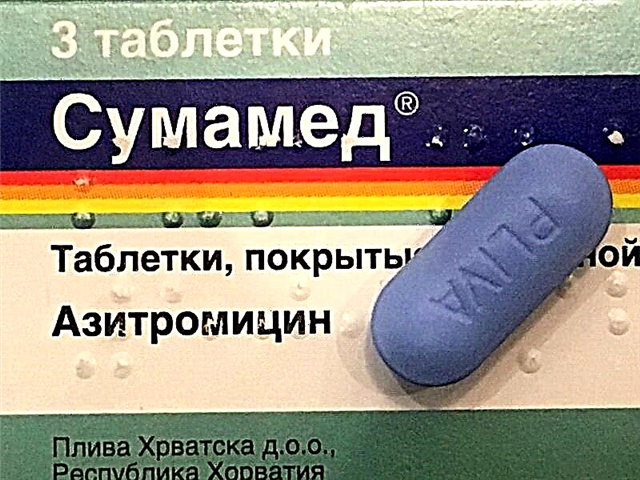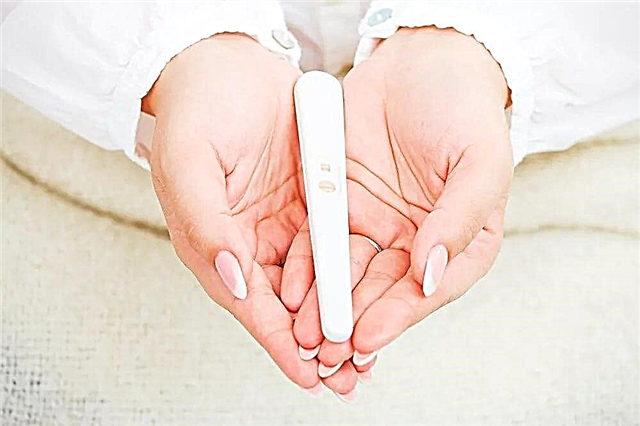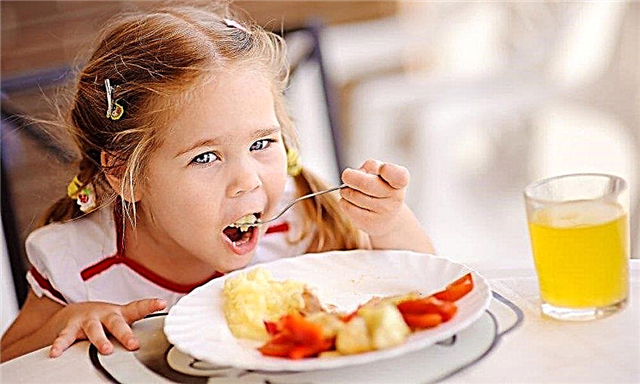Small children often bite each other. This unpleasant situation puts the parents in an awkward position. They don't know what to do or how to react. How to be? How to behave so that this does not happen again. Let's try to figure it out.

Trouble can happen in kindergarten, at school, on the playground, at a party. Your child may bite, or your child may bite another baby. Even a little sister or brother can bite.
The behavior of a lively baby always depends on the situation, circumstances, temperament and age of the child. The child can be just naughty and cocky. Carefully study all the circumstances of the case. Judge everything correctly. Don't get excited. Try to get into position. But first, be sure to provide first aid to the injured baby.
Your child has been bitten
Consider the situation carefully. Listen to the following, correct advice and stick to them.
- First advice: try not to panic
Calmness in this situation is very important. A child crying from resentment must be reassured. Remember that children are completely different. They are different in temperament, perception of situations and character.
Mom or dad, of course, will not be very pleased to see a tooth mark or a bruise on a beloved child. Moreover, children usually bite in the most prominent places: on the face or hand. But you have to accept and admit the situation.
- Second tip: be sure to provide first aid
Your first action: wash the bite with soap and water. Such measures are sufficient in the absence of severe damage. When you get home, apply a special ointment (such as Lifeguard) to the area. This will promote quick healing. If the skin is still damaged, treat it with an antiseptic. Chlorhexidine and hydrogen peroxide are well suited for these purposes.
If the wound is very serious and worrisome, seek medical attention.
- Third tip: sort out the incident
If the incident happened in a child care institution, find out everything from adults (teacher, educator). Ask: how did your child behave at this moment, how the abuser behaved, whether they helped your child, was your child scared.
Talk to the abuser's parents. Try to hold back your tone, do not shout. Be extremely calm and reasonable. Be aware that often young children only bite at a young age. It is worth worrying when the baby is over three years old. It is difficult for a child under 3 years old to explain that this should not be done. Most young children bite. Only if the child is over three years old and the parents are powerless in terms of weaning from the bad habit of biting, they need to consult a psychologist.
- Fourth tip: talk to your baby
Try to convey to your child that with children who constantly bite, you need to behave like this: do not come close to the bite, in no case expose your face to the offender, do not endure pain and scream loudly if the offender starts to bite.
- Fifth tip: pay attention to the bite site
If the bite was strong, then the wounds may not heal for a long time. Bites on the face are especially scary (the eye area is the most dangerous). If suddenly a swelling or swelling appears on your face, seek help from a specialist doctor.
If a deep wound is visible, the same to a doctor.
If the baby bite wound does not heal long enough and you have any of the following symptoms, see your doctor.
Symptoms: severely inflamed wound, swollen wound, pus comes out of the wound (other discharge is possible) - see a doctor.
Of course, there are no vaccinations against a bite by children. But if you are very worried about this, ask an exciting question to your doctor.
Your child has bitten
 What to do if your beloved child is the culprit. Do not worry. Much depends on age. If your baby is younger than three years old, it is more likely that the cause of the bite was anger or severe irritation. Why did he bite, you ask? The child is still very young and he does not know how to express his true feelings and emotions. Therefore, the child bites. In any case, this cannot be an excuse for a bad deed. It is imperative to explain that it is absolutely impossible to do so. It hurts the other person.
What to do if your beloved child is the culprit. Do not worry. Much depends on age. If your baby is younger than three years old, it is more likely that the cause of the bite was anger or severe irritation. Why did he bite, you ask? The child is still very young and he does not know how to express his true feelings and emotions. Therefore, the child bites. In any case, this cannot be an excuse for a bad deed. It is imperative to explain that it is absolutely impossible to do so. It hurts the other person.
Do not allow the kid to bite someone close to him (grandmothers, grandfathers and other relatives) even in jest. If, nevertheless, this happened, be sure to inform the baby that the mother is very upset with his behavior. Explain that doing this hurt the other person a lot. Give an example, what if he is suddenly bitten, what will he be.
And, finally, recommendations:
- Monitor the psychological balance of your baby.
- Do not burden his psyche.
- Play more quiet games at home.
- Let your baby spend as little time as possible near the TV and computer.
- Don't get angry or yell at the baby yourself.
- Spend "extra" energy on the street, actively running and playing.
After the age of three, the baby understands different situations and can say and explain something. Moreover, he knows very well that the bite brings unpleasant, and sometimes severe pain.
Talk to your baby constantly about the rules of behavior. Remind you that biting other people is very bad. Remember that you need to do this not after another incident, but constantly talk about this topic.
If your words don't get through and he continues to bite, take his favorite toy away from him. That is, punish the biter. Besides toys, you can think of another punishment. For example, give up visiting, theater, circus. Be sure to explain your actions. In the end, the kid must understand that biting is prohibited, his parents are not happy. Mom and Dad don't want their baby to bite.
If the child continues to bite aggressively, seek psychological help from a specialist. Most likely, your baby has a nervous system disorder. The specialist will find out what the matter is and tell you what to do next.
Why do children bite
How to stop a child from biting
http://www.youtube.com/watch?v=Ft0UwayvX_k



